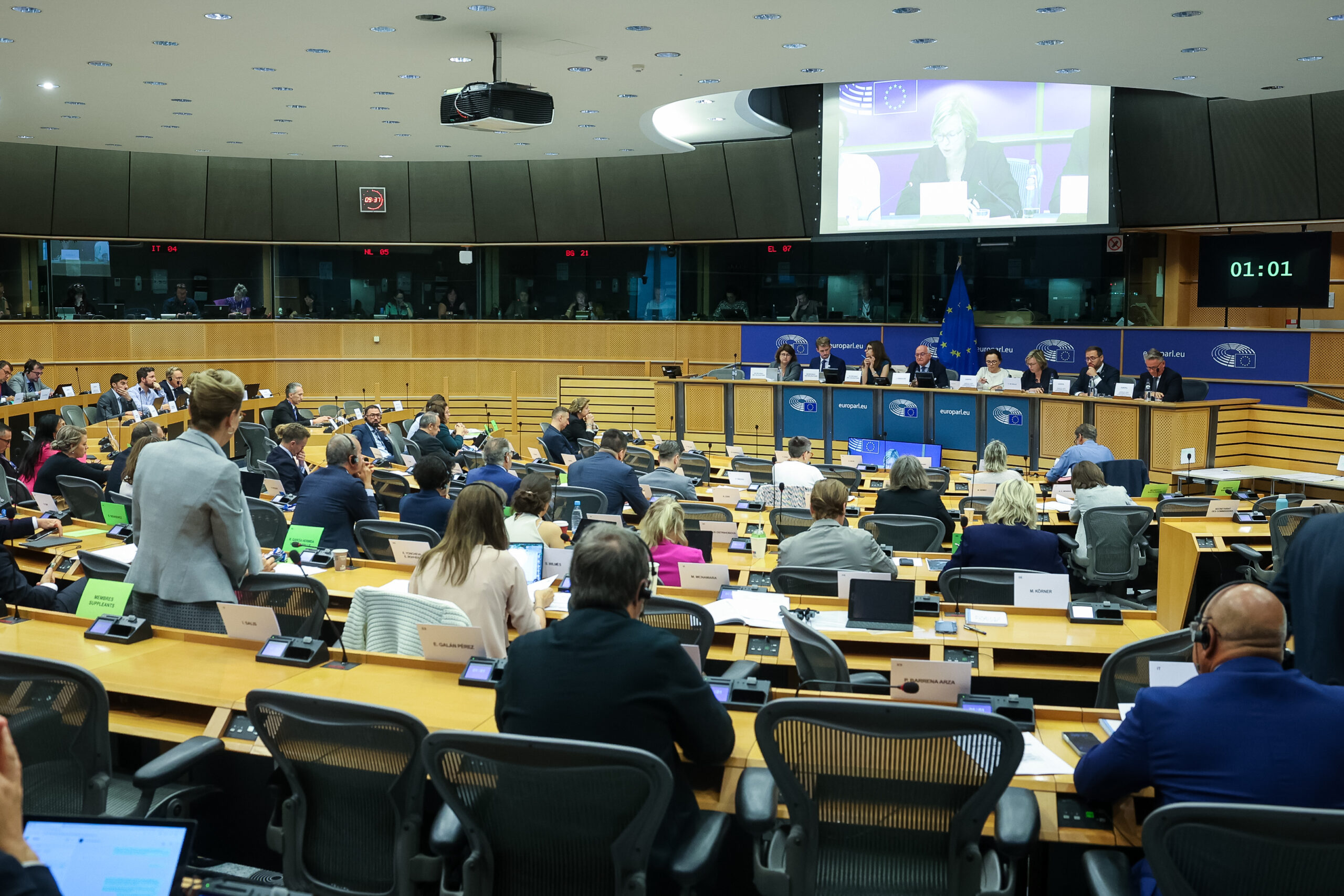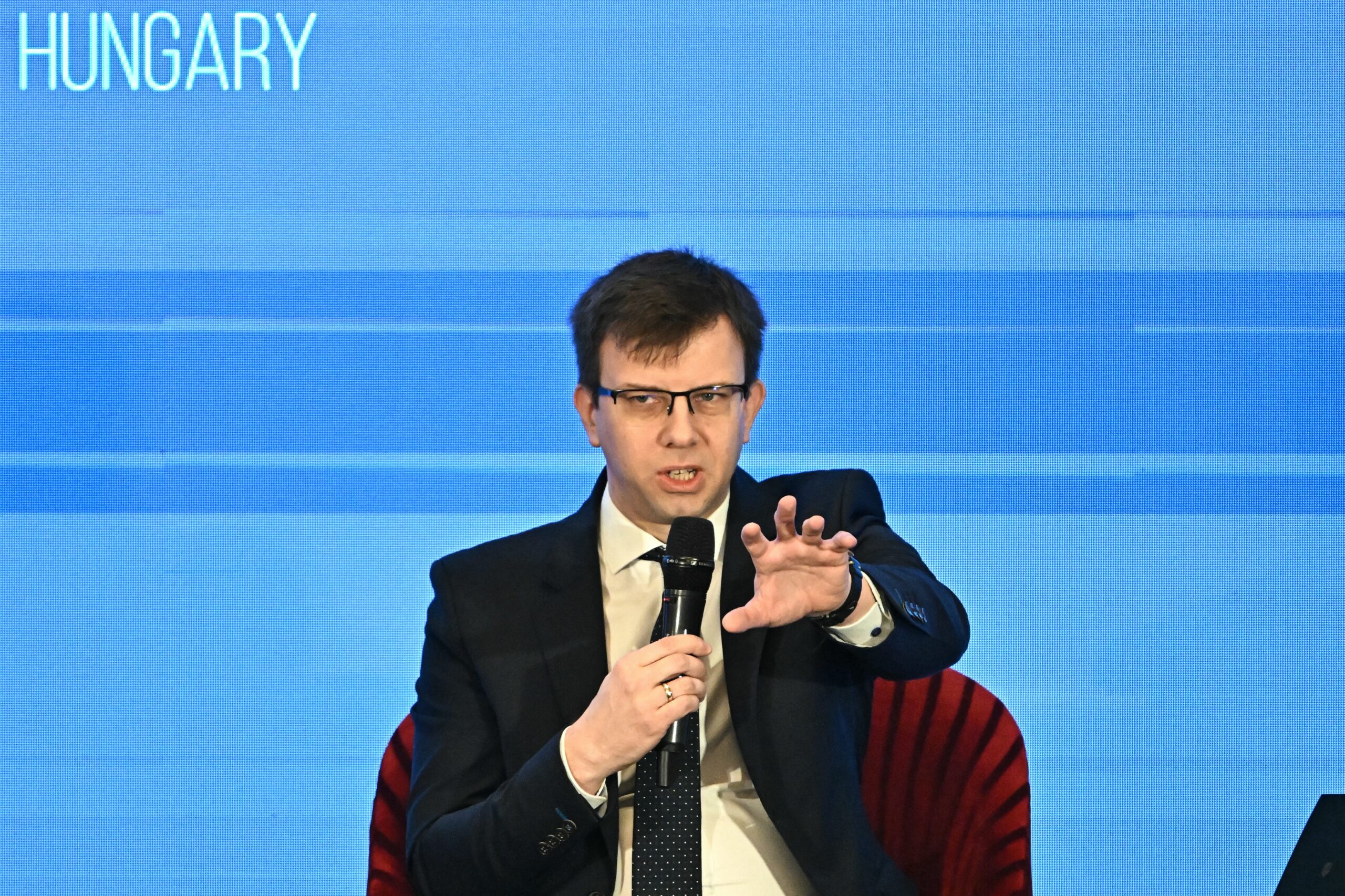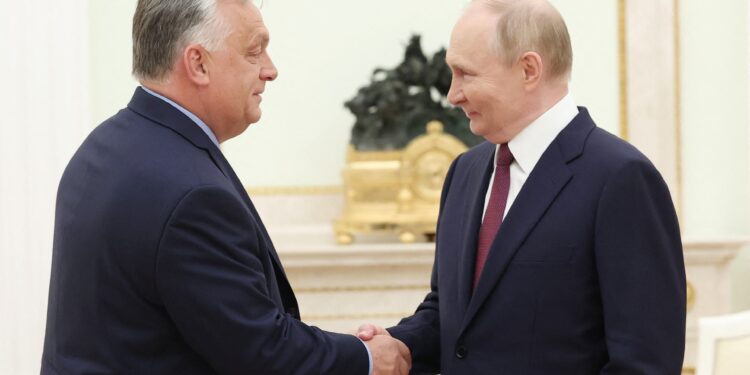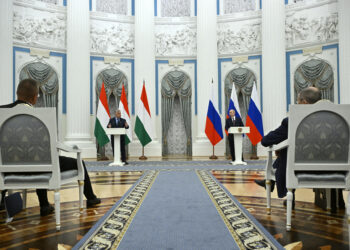Brussels – The controversy over Hungary’s facilitation of Russian and Belarusian citizens’ entry into the Schengen area continues to sway. Pressed by the EU Parliament’s Civil Liberties Committee (LIBE), which accuses it of laxity toward Viktor Orbán, the European Commission delivered today (September 4) a new letter to Budapest in which it asks for clarification on some points of the disputed “National Card” program. The EU Commissioner for Home Affairs, Ylva Johansson, said that the first reply provided by the Hungarian authorities last August 23 “still leaves two aspects unclear.”
First, “Why does the Hungarian government consider such a scheme necessary in the current political situation?” And then, how will Budapest take into account the risk of infiltration from Russia and Belarus since “it seems that the controls on citizens of the two countries will be no different from those on citizens of other nationalities?” Doubts to which Budapest is expected to explain within a week because there is no longer room in Brussels for naive attitudes toward Orbán’s pro-Russian moves.

The scheme in dispute is the so-called “National Card”, a fast-track visa system for entering the country and allowing work on Hungarian soil for up to two years. It is a more straightforward system than a work permit or visa and allows for family reunification. Initially open only to Ukraine and Serbia, it was extended to Bosnia, Moldova, Montenegro, North Macedonia, Belarus, and Russian citizens in July. Six EU candidate countries and “two hostile countries,” as Johansson pointed out in her discussion with MEPs in the LIBE Committee.
Hungary has justified extending the program to Russians and Belarusians to fill domestic labour shortages. Still, it has inevitably lent itself to accusations—even from the conservative universe—of wanting to create a “hole” in the Schengen space to permit spies and saboteurs in the pay of the Kremlin to enter EU soil. The EU commissioner had to admit, “In times like these, taking new initiatives to take in citizens of two hostile states raises serious questions,” even more so as “the gains seem insignificant compared to the potential costs.” A choice too blatantly at odds with the one taken two years ago by the EU to suspend the visa facilitation agreement with Russia and Belarus.
Brussels also issued guidelines for member states to apply stricter rules on granting visas to citizens from the Putin and Lukashenko regimes. All parties agreed to the guidelines, including Budapest, which caused the issuing of entry permits from Russia and Belarus to fall by 88 per cent. However, in light of recent cases of “suspected Russian sabotage and espionage” that ended up on Johansson’s desk, they may not be enough. “I don’t exclude that further measures and a revision of the guidelines are necessary,” announced the EU Home Affairs official. Johansson, on the other hand, excluded a possible suspension of Budapest from the Schengen area, an extreme measure under the Treaties, reminding that in any case, member states “can impose border controls if they have reason to think that their internal security is threatened.”
Patriots defend Orbán: “hypocritical” debate
Rallying around Orbán is the Patriots for Europe (PfE) group, which is headed by the Magyar leader himself. In a press conference at the European Parliament in Brussels, the neo-sovereignist political formation lashed out against the “hypocritical” debate scheduled in the LIBE committee. “The National Card program does not undermine Schengen in any way. Hungary has a strict immigration regime,” claimed Kinga Gál, an MEP from Fidesz, Orbán’s party.

Also speaking at the press point was János Bóka, Hungarian Minister for European Affairs, who accused the European Parliament of having rejected the request forwarded by the PfE to invite representatives of the Budapest government to the LIBE debate. “So we wonder how the Parliament thinks it will get the full picture,” Bóka attacked. The picture shows meagre numbers so far, and a trend, as far as Russian and Belarusian entries into Hungary are concerned, is not increasing. “Since July, Hungary has issued ten permits to Russians and four to Belarusians. We don’t see how this poses a threat,” the minister insisted, putting the numbers for other European countries on the table instead. In 2023, less than one per cent of the 720,000 Russian citizens residing in the EU benefited from permits issued by Budapest, nothing compared to the quota of Germany, Italy, Spain, and Poland.
However, the issue is not quantity but quality of controls on the profiles allowed to cross the Schengen area. On the controversy triggered by the Patriots over the failure to include representatives from Budapest in the confrontation with Johansson, LIBE committee chairman Javier Zarzalejos intervened, closing testily: “We have not received any request from the Hungarian authorities to participate in this debate.”
English version by the Translation Service of Withub







